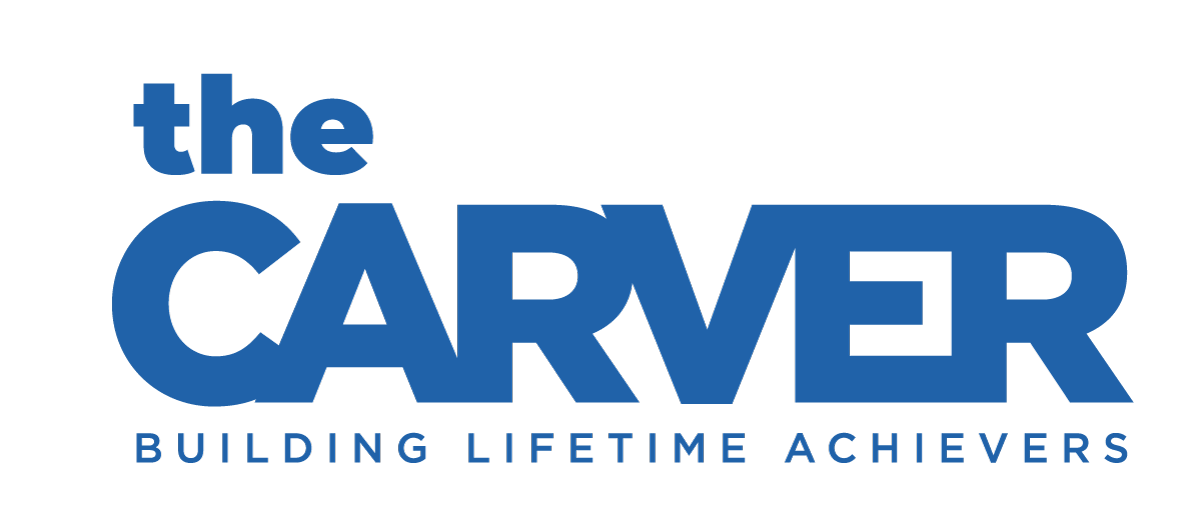Norwalk Public Schools will launch a comprehensive initiative designed to examine and address educational equity in Norwalk. Starting immediately, the district will partner with Temple University’s Dr. Edward Fergus on an eight-month project that will include implicit bias and diversity training.
The project will involve four phases of work: an examination of disproportionate representation that looks at where children of color are under-represented or over-represented in programs and situations; a community survey and focus groups; presentations to the Norwalk community on findings and recommendations; and equity literacy development of district leadership.
Over the course of the project, members of the Norwalk Board of Education will participate in three sessions to explore themes around “Building a District Equity Lens.” The Board will review school district disparity patterns, social justice root causes, and discuss equity and culturally relevant practices in education. The first session will take place at the Board’s annual planning retreat at the end of July.








